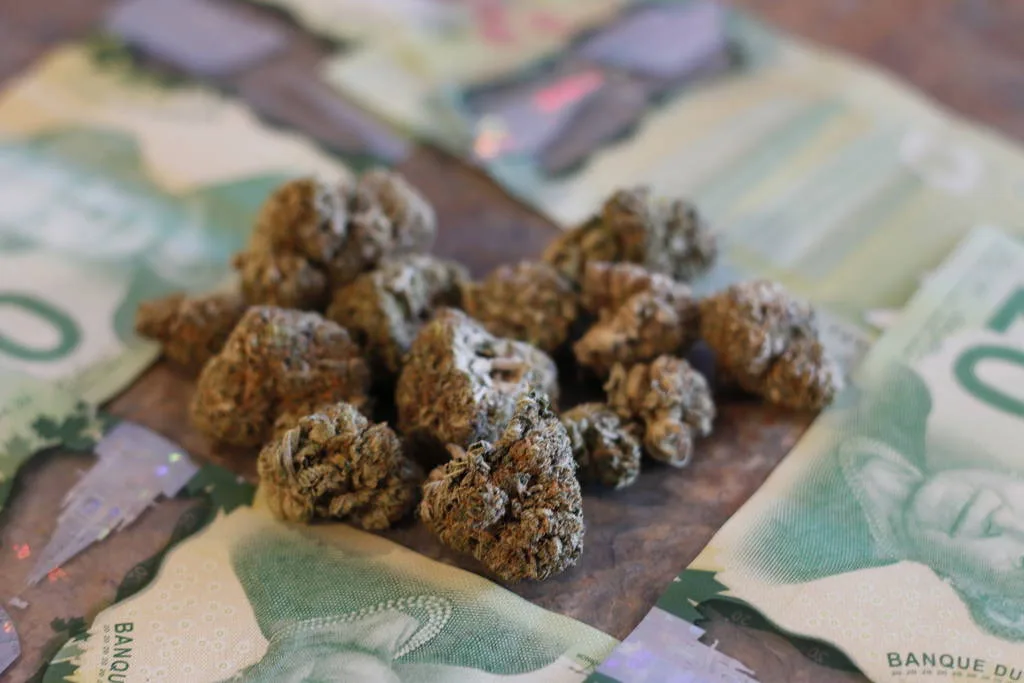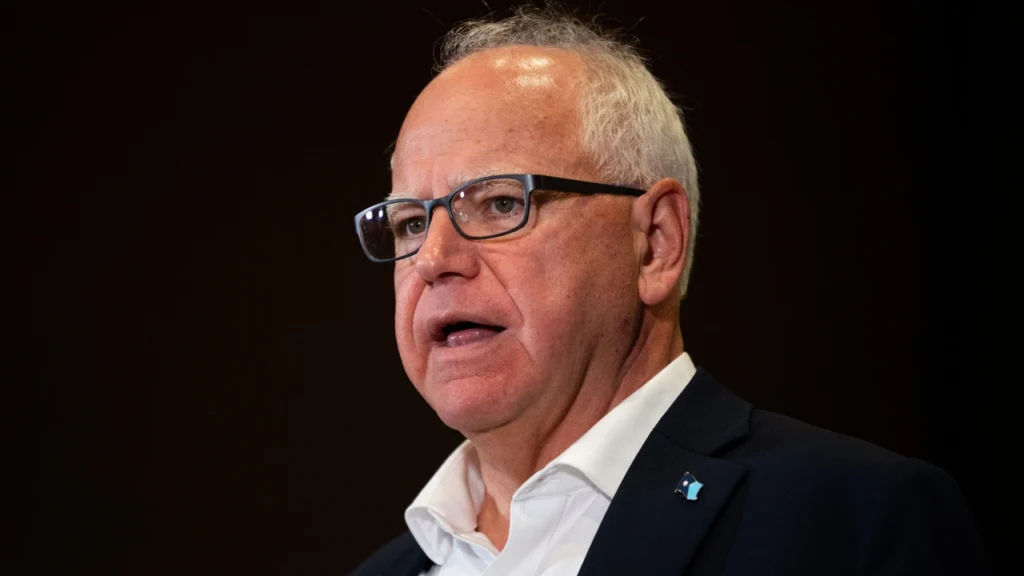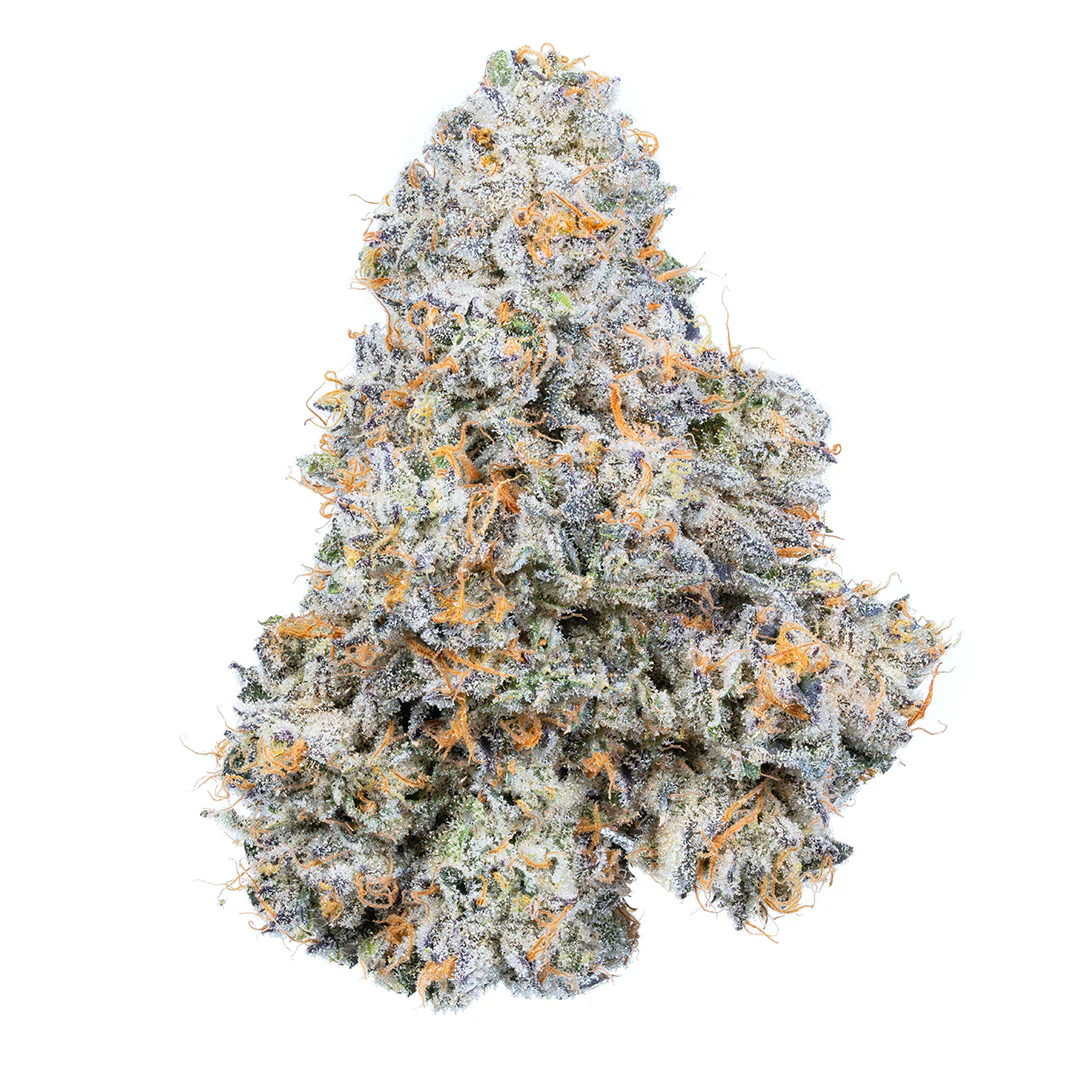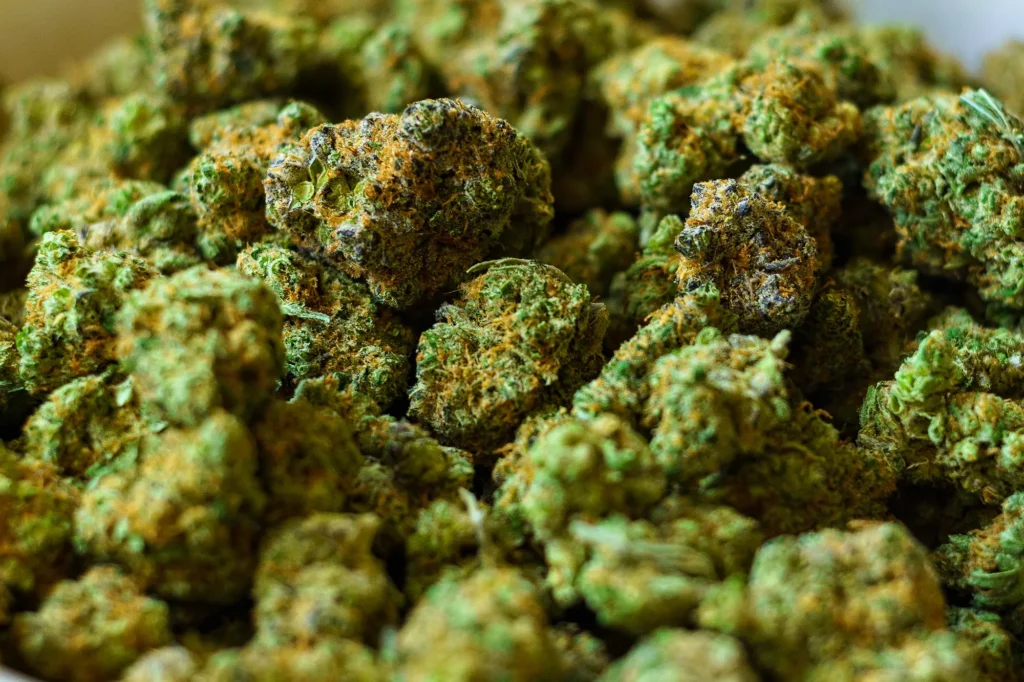Illinois House Bill 3513, the On-Premise Cannabis Consumption Act, gained three new cosponsors today.

The proposed law, which would allow counties and municipalities to issue licenses for temporary events and cannabis hospitality venues where marijuana consumption is permitted, was filed on February 6 by State Representative Justin Slaughter. Today, State Representatives Kelly Cassidy (D), Lilian Jimenez (D), and Anne Stava-Murray signed on to cosponsor the measure.
Under the proposed legislation, licensed events and venues could allow the consumption of cannabis and cannabis-infused products, as well as the sale of cannabis paraphernalia. Before any licenses can be issued, local governments would be required to adopt ordinances that establish specific regulations for these events and establishments. The bill also includes modifications to the Smoke Free Illinois Act to accommodate on-site marijuana use.
Continue reading














